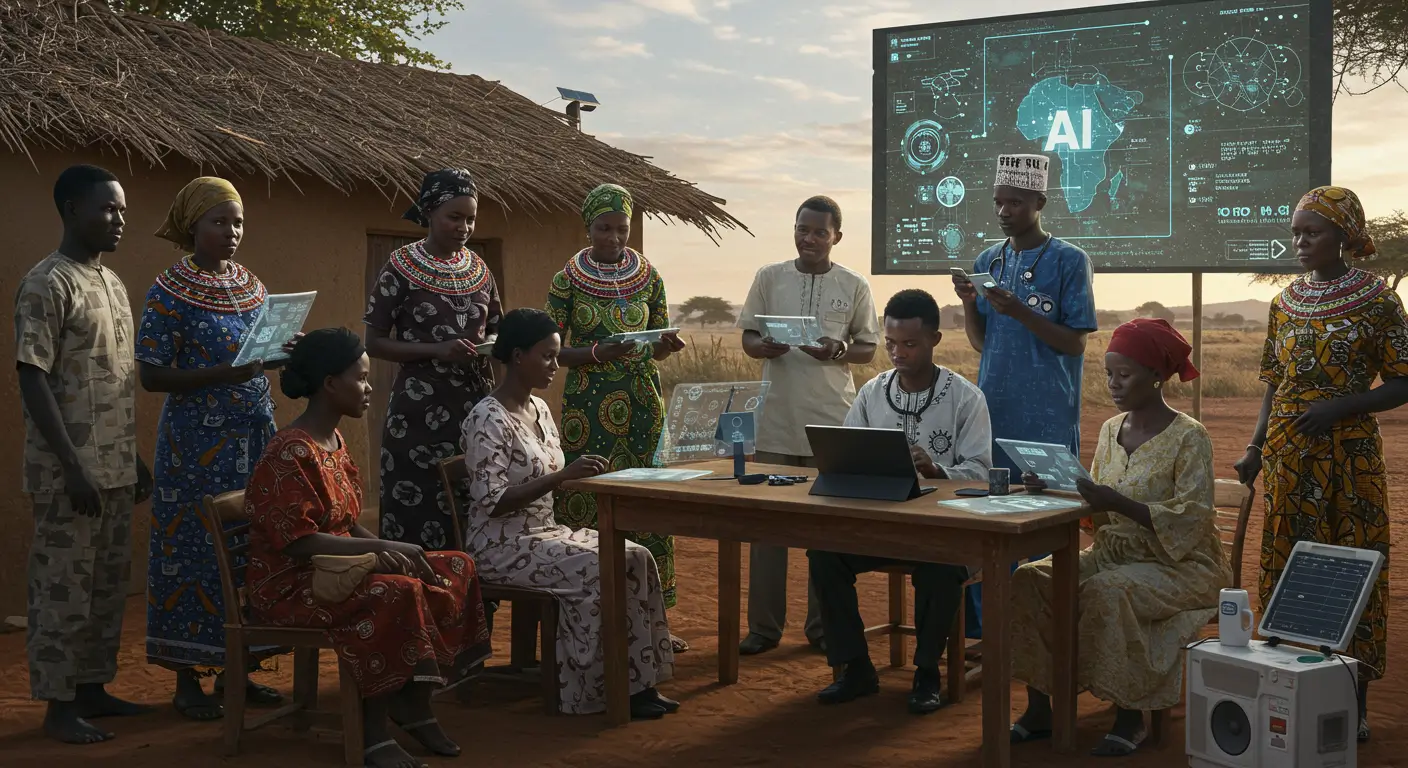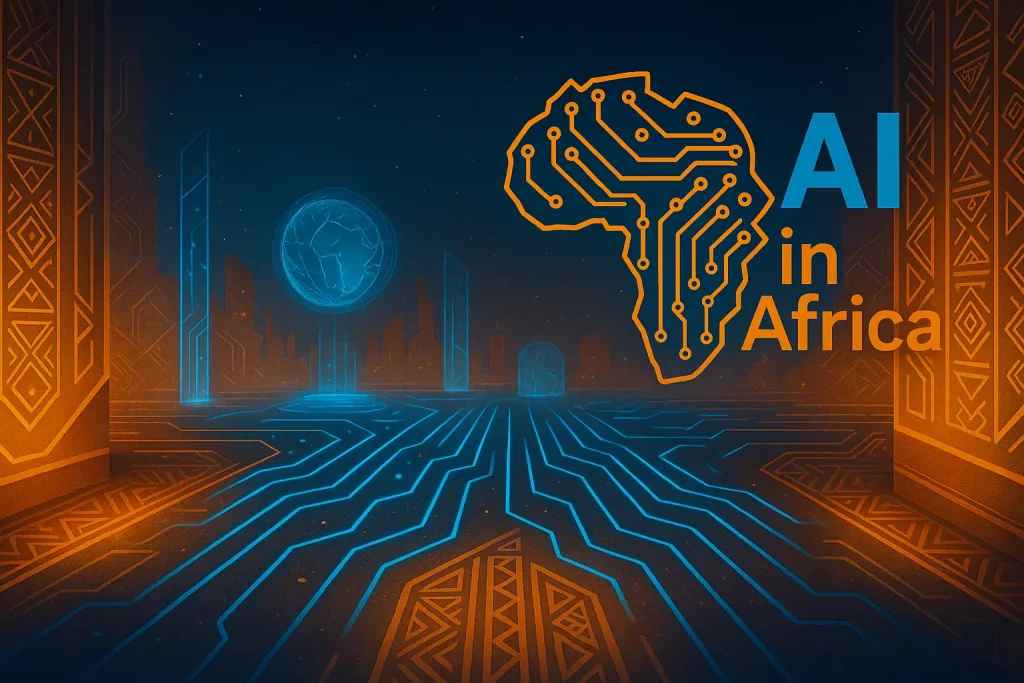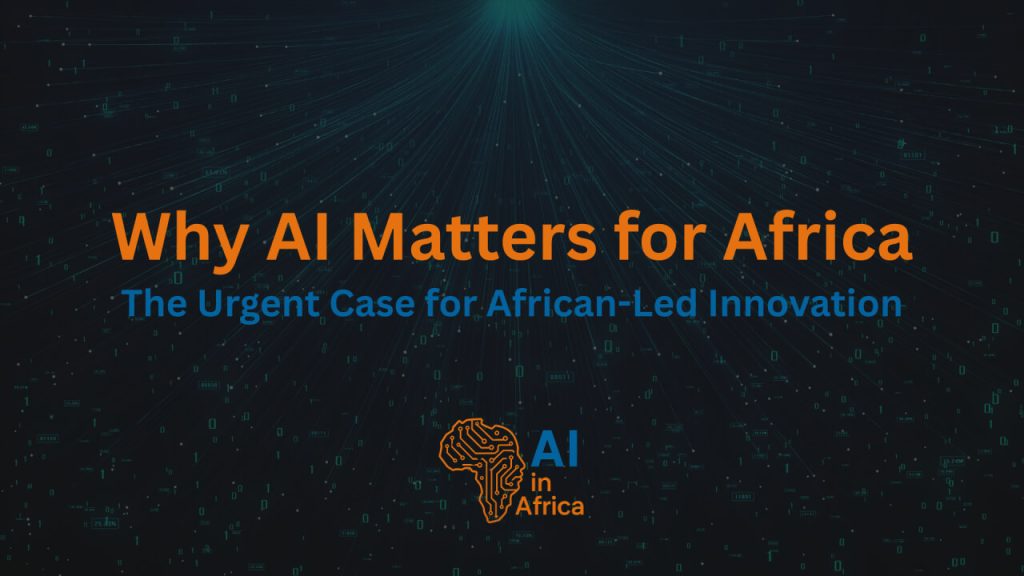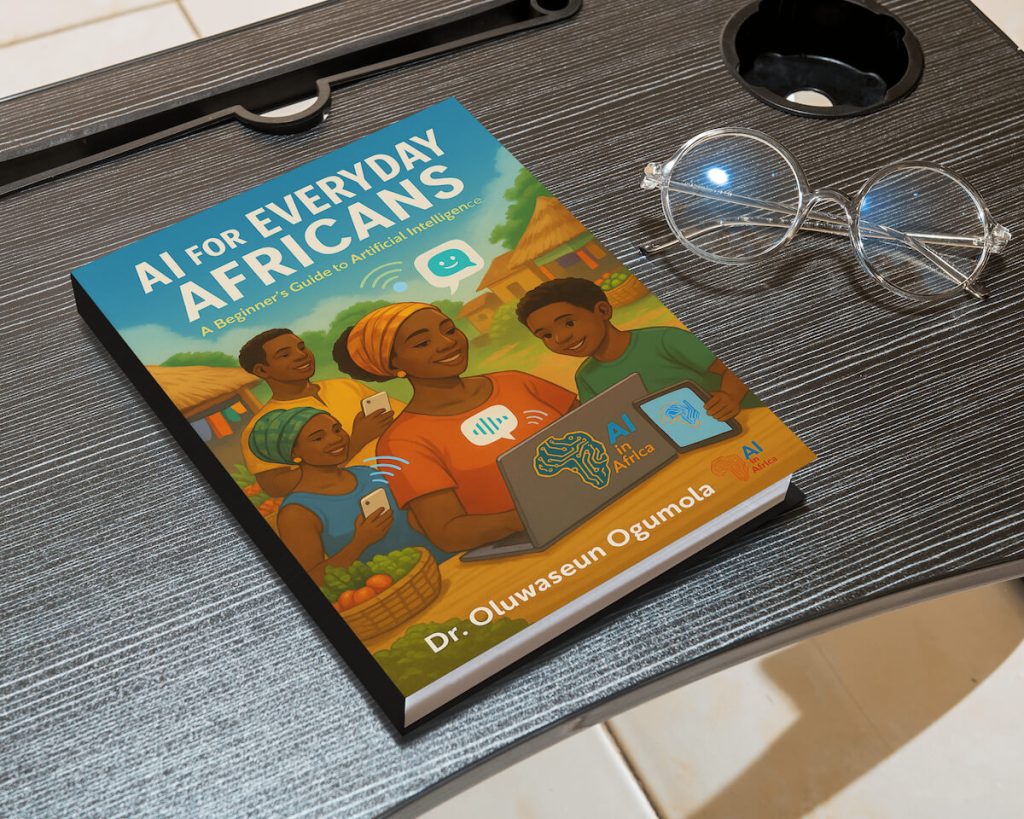Table of Contents
What Is Ethical AI in Africa?
As artificial intelligence (AI) becomes more integrated into our societies, the call for ethical AI is growing louder especially in Africa.
But what does “ethical AI” actually mean in the African context?
How can we ensure that AI works for Africans and not against us?
This article explores what ethical AI should look like across our continent, why it matters, and how we can collectively shape a responsible future for emerging technologies.

Understanding Ethical AI in the African Context
Ethical AI refers to the development and deployment of artificial intelligence systems in a manner that aligns with core values such as justice, fairness, respect for human rights, and social responsibility.
In Africa, this definition takes on deeper dimensions. Our continent is marked by:
- Diverse cultures and languages
- Limited infrastructure and data representation
- Rapid digital adoption alongside digital inequality
- Historical marginalization in global technology governance
An ethical AI framework for Africa must therefore be rooted in local realities, people-first principles, and inclusive development. It must confront global biases while also navigating local governance, access gaps, and socio-economic priorities.
5 Pillars of Ethical AI in Africa
- Fairness
- Transparency
- Accountability
- Inclusiveness
- Sustainability
Real-Life Examples from Africa
Ethical concerns are not abstract they are already affecting people’s lives across Africa. Here are a few illustrations:
- Facial Recognition in Public Surveillance (South Africa & Uganda): Governments have used AI-powered surveillance systems for public security. However, these systems often lack consent, transparency, and oversight, raising ethical questions about privacy and misuse.
- AI in Healthcare (Nigeria): Tools like Ubenwa (which uses baby cries to detect birth asphyxia) and Wellvis (a COVID-19 self-assessment tool) show how AI can save lives. But data privacy, accuracy, and local validation remain challenges.
- AI-Driven Credit Scoring (Kenya): Fintech platforms use AI to score credit for borrowers without formal bank histories. While this improves financial access, opaque algorithms can misjudge or exploit users who have little recourse.
These examples show that ethical AI is not just about theory. It affects access to health, justice, finance, and security issues at the heart of everyday life.
Our Stand on AI Governance in Africa
At AI in Africa, we believe ethical AI governance must be:
- Proactive, not reactive: Africa cannot afford to be a late responder to AI challenges.
- Locally led and globally aware: Governance must reflect our values, cultures, and developmental needs, even as we align with global standards.
- Rooted in public participation: Policy decisions about AI should not happen behind closed doors. Communities, civil society, and youth must be part of the conversation.
- Supportive of innovation: Regulation should not stifle progress. Instead, it should guide innovation toward public good.
- Collaborative across the continent: Pan-African bodies like the African Union must play a leadership role in coordinating standards, policies, and partnerships.
Ethical AI governance is not just a regulatory task—it is a civic duty for all of us who care about the future.
A Call to Action for Stakeholders
If you’re a policymaker, think about how your frameworks can safeguard rights while enabling innovation. If you’re a developer or entrepreneur, consider how your AI solutions impact people—not just users, but communities. If you’re an educator or activist, help spread awareness of ethical AI in your schools, media, and organizations. If you’re a citizen, ask questions and demand transparency when AI is used in decisions that affect you.
Africa has the opportunity to lead the world in human-centered AI. But this future won’t happen by accident—it must be designed, debated, and defended.
References
- https://www.gsma.com/mobilefordevelopment/resources/artificial-intelligence-in-sub-saharan-africa/
- https://ubaa.org/publications/ai4d-africa-ethics/
- https://www.brookings.edu/articles/what-does-the-future-hold-for-ai-in-africa/
- https://www.privacyinternational.org/news-analysis/4063/surveillance-africa-how-growing-use-face-recognition-and-ai-raises-concerns
- https://ubenwa.ai/
- https://wellvis.org/
- https://carnegieendowment.org/2022/11/17/ai-in-africa-policy-perspectives-on-regulation-governance-and-ethics-pub-88489
For more on our work at AI in Africa or to partner with us on policy engagement, training, or curriculum development,
Please contact us via:
- LinkedIn: https://www.linkedin.com/company/aiinafrica/
- Website: https://aiia.teravest.com.ng
- LinkTree: https://linktr.ee/aiinafrica
- Facebook: https://web.facebook.com/aiinafrica
- Spotify: https://open.spotify.com/show/2z3qvh0sA48gsQMgrZcK91?si=bNlEqVoLRiGE5WNAXPUKTQ
- Youtube: https://www.youtube.com/@aiinafricatv
- Newsletter: https://mailchi.mp/c6d34698c54a/ai-in-africa-weekly-newsletter
- Instagram: https://www.instagram.com/aiinafrica_/




